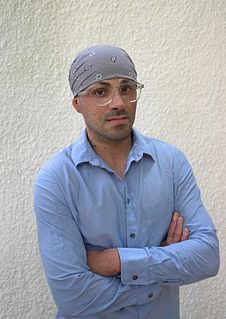A Quote by Thomas Malthus
The histories of mankind are histories only of the higher classes.
Related Quotes
As a historian I understand how histories are written. My enemies will write histories that dismiss me and prove I was unimportant. My friends will write histories that glorify me and prove I was more important than I was. And two generations or three from now, some serious sober historian will write a history that sort of implies I was whoever I was.
I think there's a general confusion that my work is about types of photography. But really that's just a tool to introduce some questions I have about seeing. What happens when all of these conditions and structures and histories and cultures and tools you have around you begin to fail? On the one hand there is an engagement with histories and cultures, and on the other, there is this very lonesome space of actually coming to terms with seeing.
I write about the period 1933-42, and I read books written during those years: books by foreign correspondents of the time, histories of the time written contemporaneously or just afterwards, autobiographies and biographies of people who were there, present-day histories of the period, and novels written during those times.
I've been making 16mm urban landscape films about San Francisco for many years. I choose different nonfiction themes to investigate and am generally interested in surfacing lesser-known histories. I like to investigate and illuminate these histories, combining them with my own unconventional storytelling style, which is generally a stream-of-consciousness voiceover involving a steady stream of personal reflections on pining over unavailable women.
A number of aspects of mathematics are not much talked about in contemporary histories of mathematics. We have in mind business and commerce, war, number mysticism, astrology, and religion. In some instances, writers, hoping to assert for mathematics a noble parentage and a pure scientific experience, have turned away their eyes. Histories have been eager to put the case for science, but the Handmaiden of the Sciences has lived a far more raffish and interesting life than her historians allow.


































